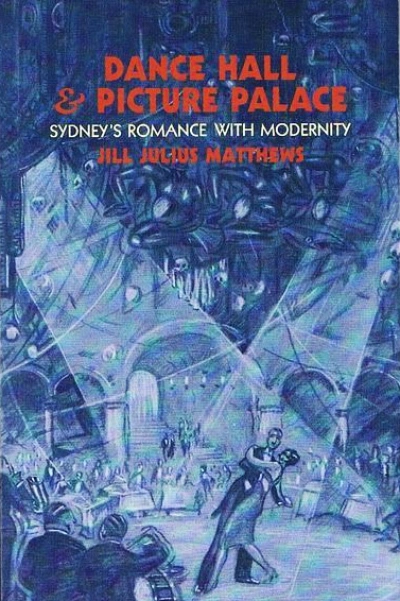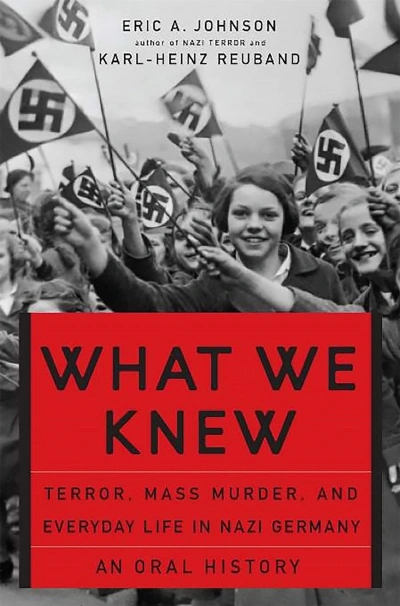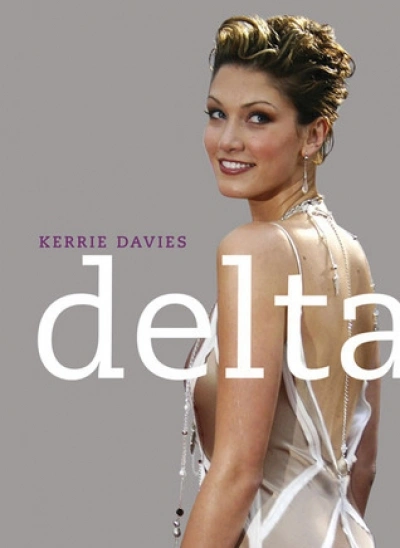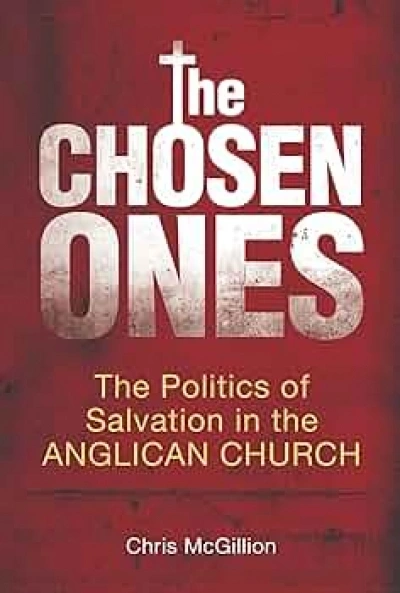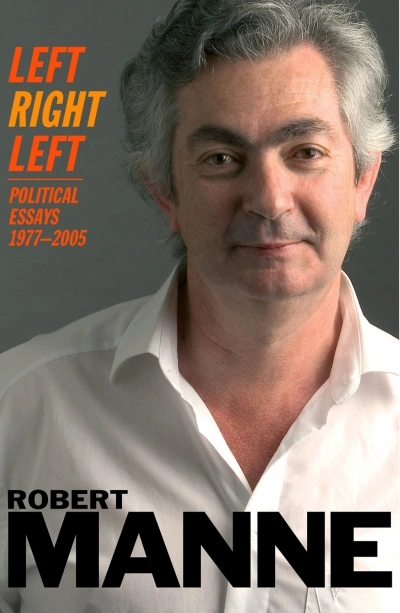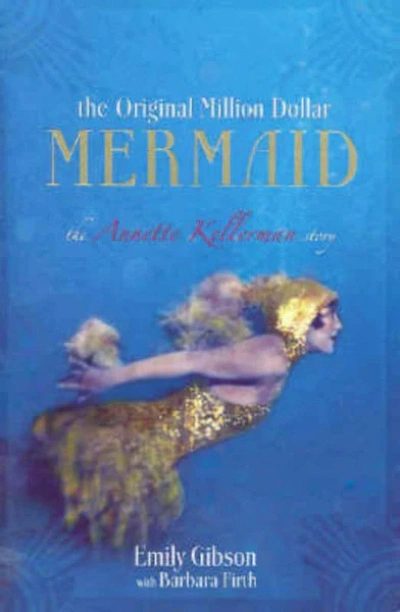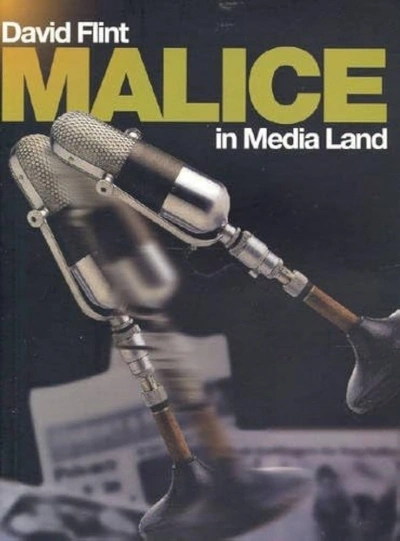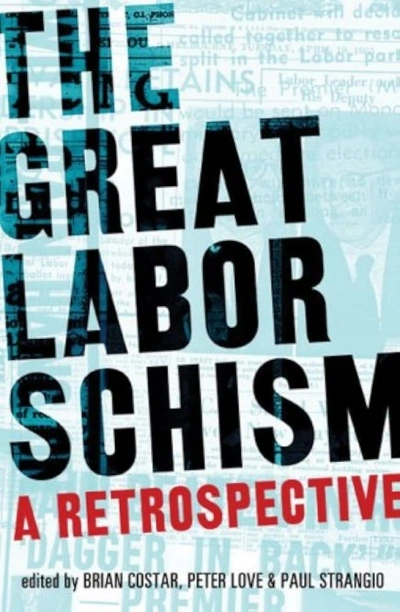Archive
Jacket edited by John Tranter and Pam Brown & Space edited by Anthony Lynch and David McCooey
by Lisa Gorton •
Dance Hall and Picture Palace: Sydney's romance with modernity by Jill Julius Matthews
by Alice Garner •
What We Knew: Terror, mass murder and everyday life in Nazi Germany by Eric Johnson and Karl Heinz Reuband
by Andrea Goldsmith •
The Chosen Ones: The politics of salvation in the Anglican Church by Chris McGillion
by Ann-Marie Priest •
The music stopped
This had been expected.
Paintings were stilled
And books lay mute.
... (read more)The Original Million Dollar Mermaid: The Annette Kellerman story by Emily Gibson (with Barbara Firth)
by Brian McFarlane •
The Great Labor Schism: A retrospective edited by Brian Costar, Peter Love and Paul Strangio
by Chris McConville •

